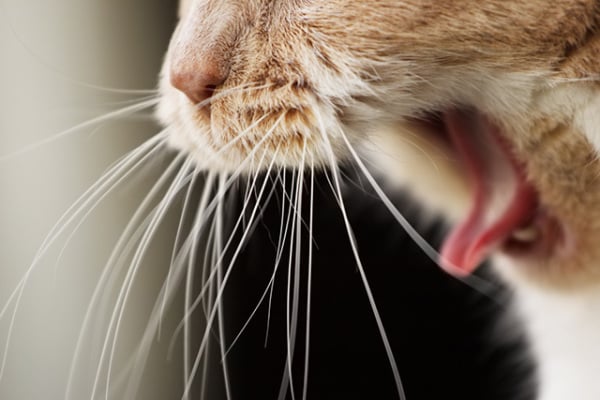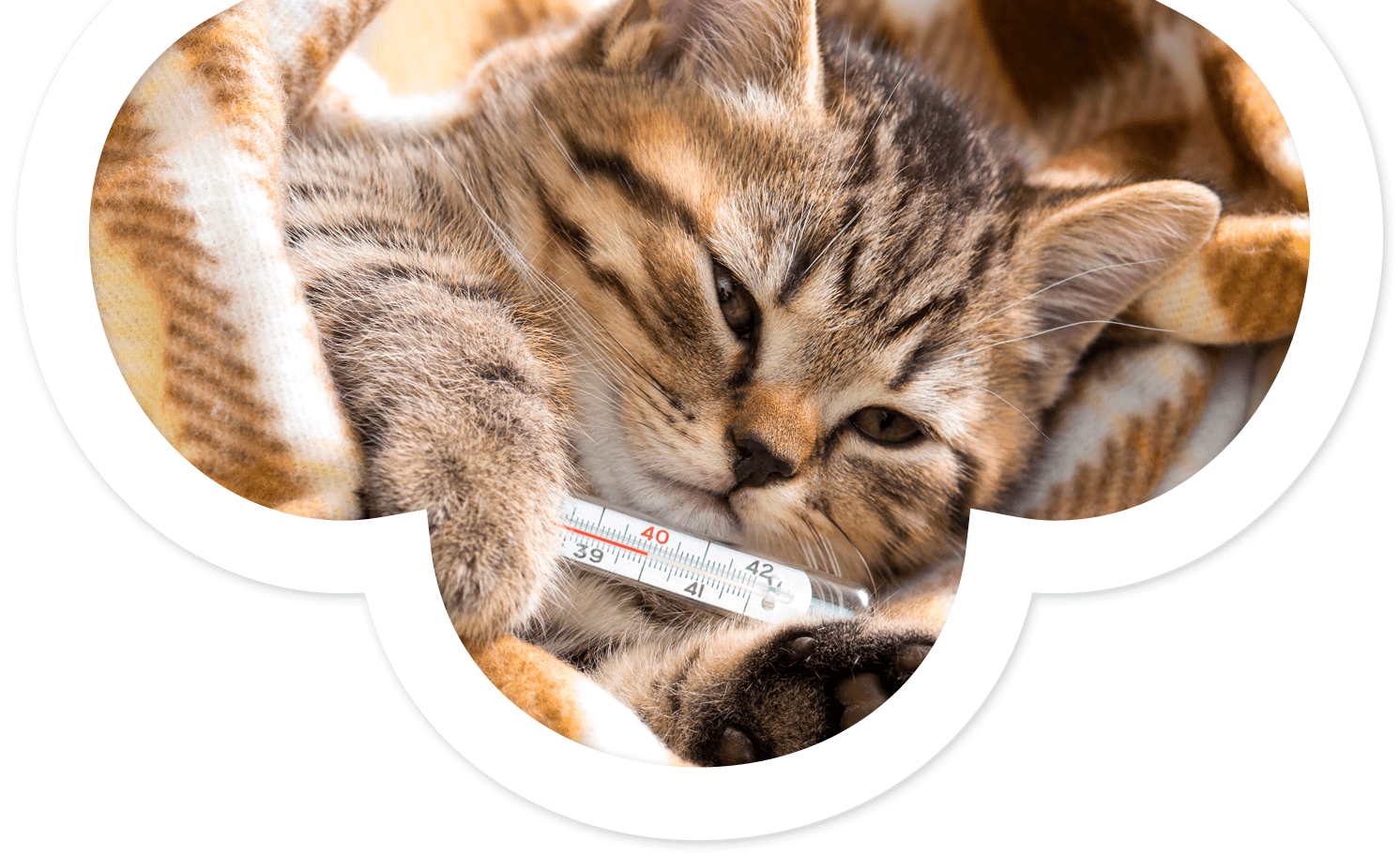chronic bordetella in cats
The novel Filobacterium sp which we propose to call F. Bordetellosis is a contagious bacterial disease of cats that primarily causes upper respiratory tract abnormalities.

Vaccination Of Cats Against Infectious Upper Respiratory Disease Today S Veterinary Practice
However any cat with a pre-existing airway.
. Vet Rec 144 1999 pp. Bronchiseptica was isolated we searched the literature and found 23 reports in which a human infection was reported in association with B. Bronciseptica from kittens with.
This study examines the potential of Bordetella bronchiseptica to act as a human pathogen. Bordetella in cats is an infection that affects the respiratory tract. Chronic Bordetella infection with intermittent bacterial shedding can.
Chronic carriers of the disease have been shown to shed the virus for up to 19 weeks. But treatment is urgently needed at any time an exacerbation or viral infection can occur. The Bordetella vaccine prevents cats from getting the Bordetella bronchiseptica disease.
It owes its name to the bacterium responsible for the onset of this pathology. Sneezing occasional coughing mild eye discharge and the general condition is satisfactory. In cats chronic nasal inflammation called rhinitis can be documented at any time after six months of age.
Vet Rec 2005. Cats with severe B bronchiseptica infection require supportive therapy and intensive nursing care. Diagnosis Bacterial culture isolation and PCR are available but both methods suffer from a lack of sensitivity.
Many believe the clinical signs observed in cats are related to an irreversible. Willloughby K Dawson S Jones R C et al 1991 Isolation of B. After encountering two patients from whom B.
1996 Studies on natural tranmission of Bordetella bronchiseptica in cats. Previous studies demonstrated feline herpes virus I can destroy cartilage called turbinates in the nasal cavity. Diets on a small number of cats with chronic FHV-1 infection15 While the results were variable the findings suggested that the probiotic lessened morbidity and that further studies are warranted.
Diagnosis of feline bordetella is not made by physical. Where sensitivity data are unavailable tetracyclines are recommended. Although it usually does not involve excessive dangers for the health of the cat this pathology could give rise to chronic forms which are difficult to cure in a decisive way.
Bordetellosis in Cats. Easily spread in kennels bordetellosis is most severe in young kittens less than six weeks old and in kittens living in less than ideal hygienic conditions. In cats with chronic bacterial URI the antimicrobial agent should be selected on the basis of culture and antimicrobial susceptibility test results if available.
Bacterial pneumonia remains one of the most common clinical diagnoses in dogs with acute or chronic respiratory disease. The chronic form of bordetella is in cats has less pronounced symptoms. Uses Of Bordetalla Vaccine For Cats.
Chlamydophila felis and Bordetella bronchiseptica in cats. Bordetella bronchiseptica is also highly contagious meaning that it can very quickly spread from feline to. Feline bordetella is a contagious respiratory infection of cats.
The Bordetella vaccine prevents cats from getting the Bordetella bronchiseptica disease. As a basis for evaluating these cases we. Feline Respiratory Infections in Animal Shelters Revised July 2018 4 occur for up to 3 months.
Feline Upper Respiratory Infection URI is caused by a complex of viral and bacterial pathogens that are. The symptoms of the disease can be mistaken for a wide variety of other upper respiratory illness in cats or can be overlooked entirely. Prevention Viruses bacteria and the path to chronic rhinitis Etiologic agents pathogenesis clinical signs Viruses bacteria and the path to chronic rhinitis Etiology of nasal disease in 77 cats Neoplasia Chronic rhinitis.
Doxycycline is the antimicrobial of choice. Treatment of Chronic Feline Bacterial Upper Respiratory Infection. Felis was detected in 33 Czech cats with chronic neutrophilic bronchitis 1313 Australian cats and 611 Italian cats with chronic.
Antibacterial therapy is indicated even if the signs are mild. Decreased signs of illness in cats experimental infected with Bordetella bronchiseptica suggesting intranasal. Well as anaerobic bacteria.
Vet Microbiol 48 1-2 19-27 PubMed. In some European. Diagnostic tests and interpretation.
Cats have higher infection rates than dogs. Prevalence and risk factors for feline Bordetella bronchiseptica infection. If not vaccinated cats can start to show symptoms that include coughing sneezing a runny nose and a fever.
Bordetella bron- chiseptica infection should be considered in coughing cats acute and chronic. Chronic infections are easily established by colonization of the ciliated epithelium. The chronic form of bordetella is in cats has less pronounced symptoms.
Experience from 218 European catteries.

Diagnostic And Therapeutic Approach Dogs Infected With Bordetella Bronchiseptica And Canine Influenza Virus H3n8 Today S Veterinary Practice

Bordetella Bronchiseptica In Dogs Cats And Humans What To Know
Bordetella Bronchiseptica Infection In Cats
Bordetella Bronchiseptica Infection In Cats
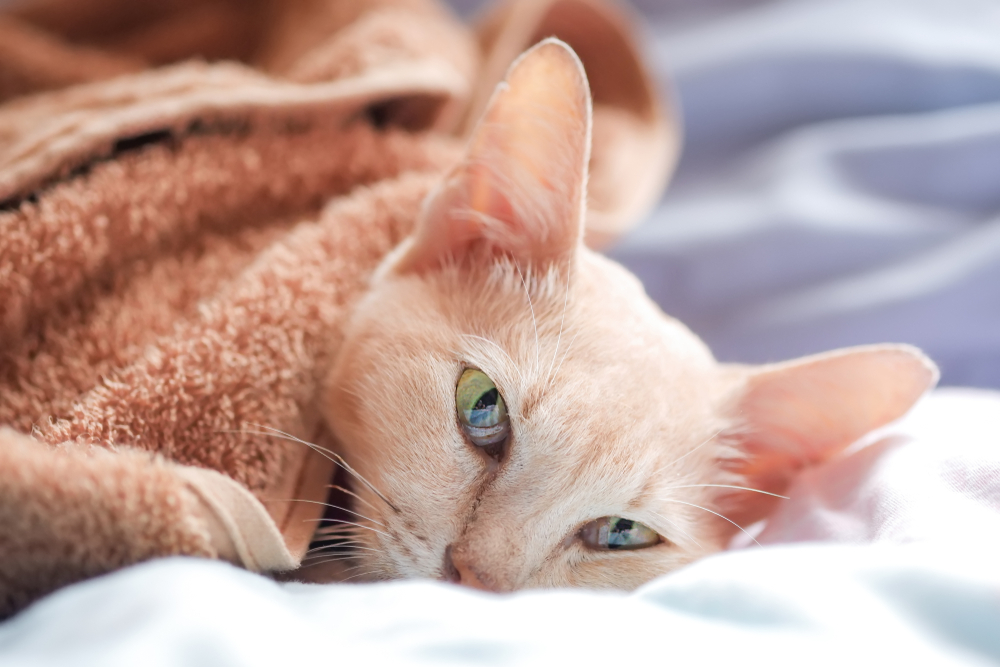
A Cat Owner S Guide To Feline Infectious Respiratory Diseases Vet In Palm City Palm City Animal Medical Center
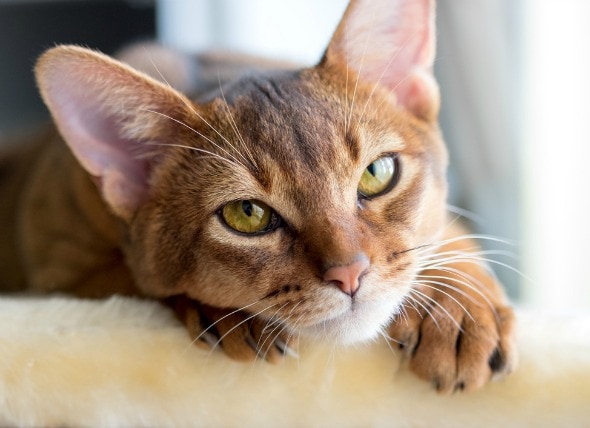
Bacterial Infection B Bronchiseptica In Cats Petmd

Can Cats Get Kennel Cough Bond Vet
Bordetella Bronchiseptica Infection In Cats
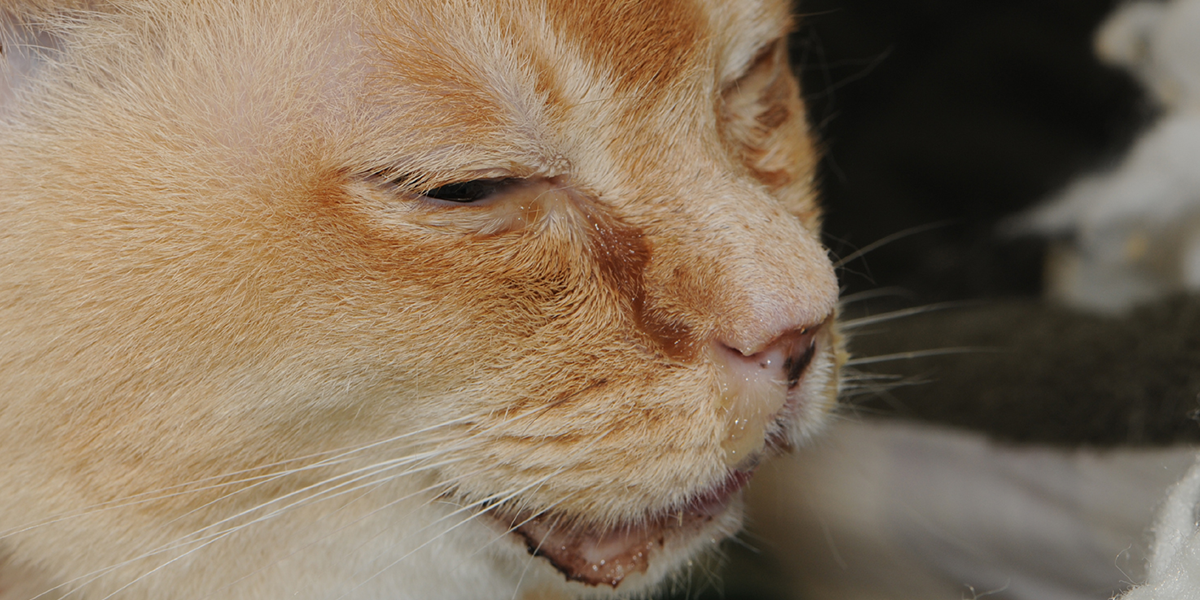
Cat Flu Upper Respiratory Infection International Cat Care

Vaccination Of Cats Against Infectious Upper Respiratory Disease Today S Veterinary Practice

8 Home Remedies For Dog S Kennel Cough Dog Cough Remedies Dog Remedies Dog Coughing

Understanding Kennel Cough Kirkwood Animal Hospital Pet Health
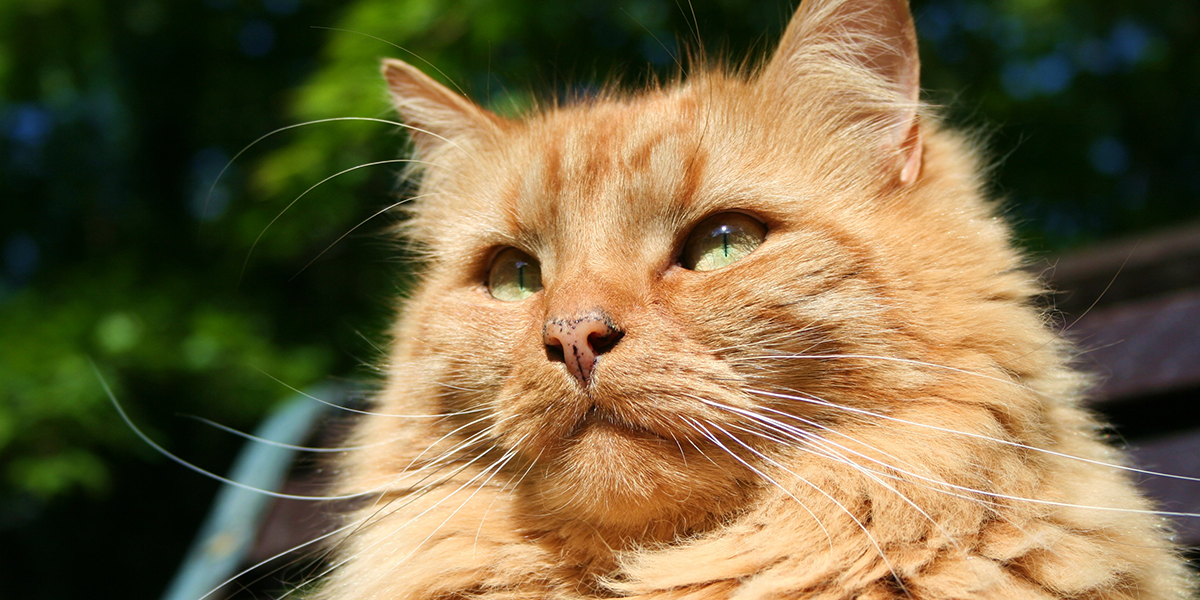
Bordetella Bronchiseptica Infection In Cats International Cat Care

Feline Rhinitis And Upper Respiratory Disease Today S Veterinary Practice

Pdf Bordetella Bronchiseptica Infection In Cats

Feline Upper Respiratory Infections Uri The Cat Hospital Of Media
